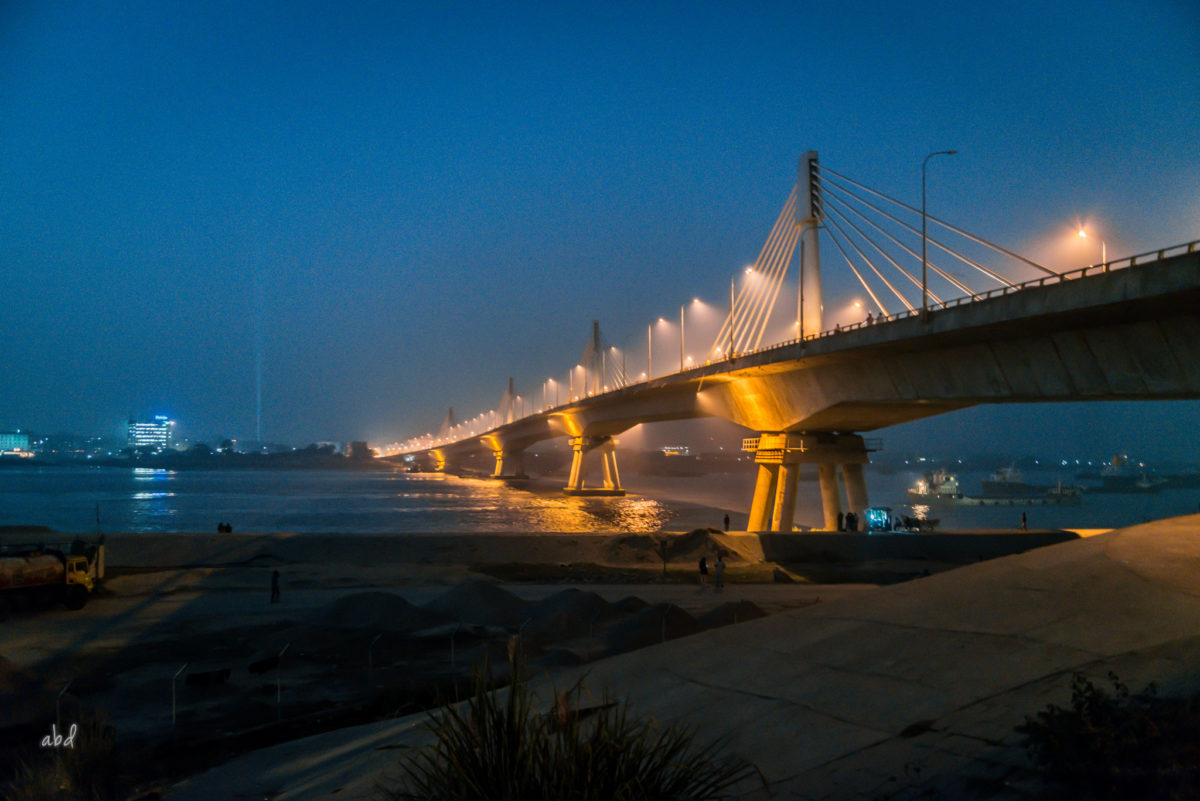A German-Bangladeshi consortium has won a tender to build a 50 MW solar plant in Chittagong.
The Bangladeshi government’s cabinet committee on public procurement today approved the contract to develop a solar project near the 32/33 kV substation at Baraiyarhat.
German solar developer ib vogt GmbH and local partner AG Agro Industries Ltd will set up the plant on a build, own and operate basis, procurement cabinet secretary Mohammad Shafiul Alam said.
The government will buy the electricity generated at the site for $0.1094/kWh under a 20-year arrangement.
Solar progress
Ib vogt, which claims on its website to have 1.15 GWp of solar generation capacity worldwide – and to have a 5 GWp development pipeline – beat Norwegian rival bidder Scatec Solar ASA to land the deal.
The Bangladeshi government is procuring solar capacity under its Private Sector Power Generation Policy-1996 legislation to expand the penetration of renewables. Dhaka wants 10% of the nation’s electricity to come from clean energy next year and has introduced a net metering regime to drive solar deployment.
The authorities have also mandated rooftop PV on all state-owned buildings and expect that directive to add 300 MW of solar capacity within four years. Of the 604.67 MW of renewable energy generation capacity in Bangladesh, 370.54 MW of it is solar.
Low-cost financing for solar is being provided by the authorities and multilateral development partners.
By Syful Islam
This content is protected by copyright and may not be reused. If you want to cooperate with us and would like to reuse some of our content, please contact: editors@pv-magazine.com.








By submitting this form you agree to pv magazine using your data for the purposes of publishing your comment.
Your personal data will only be disclosed or otherwise transmitted to third parties for the purposes of spam filtering or if this is necessary for technical maintenance of the website. Any other transfer to third parties will not take place unless this is justified on the basis of applicable data protection regulations or if pv magazine is legally obliged to do so.
You may revoke this consent at any time with effect for the future, in which case your personal data will be deleted immediately. Otherwise, your data will be deleted if pv magazine has processed your request or the purpose of data storage is fulfilled.
Further information on data privacy can be found in our Data Protection Policy.